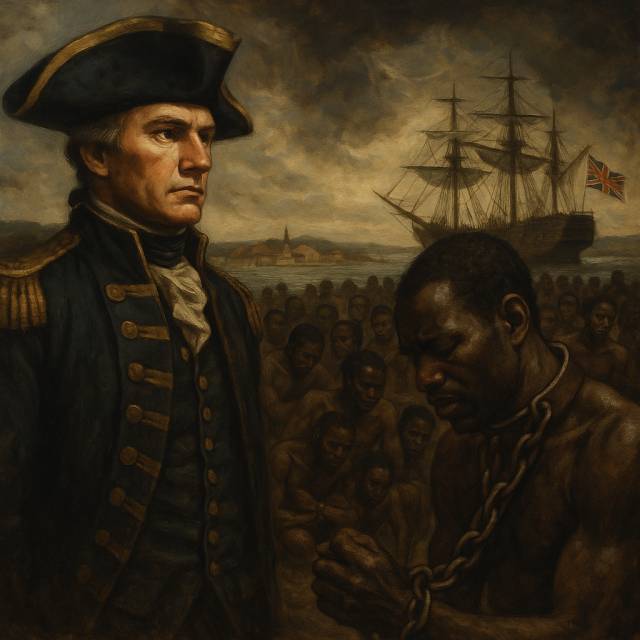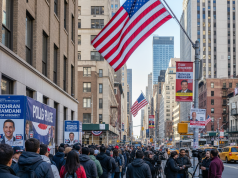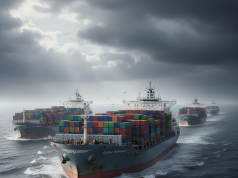Amirul Momenin: Britain’s imperial history is often told as a tale of proud military victories and expanding global power. But hidden within its folds lies a haunting legacy—of blood, tears, and the clinking of chains. One of its most brutal chapters was the transatlantic slave trade. Millions of Black men, women, and children were forcibly taken from Africa and the Caribbean, bound in chains and sent to work on farms, in mines, and in the lavish households of Europe and the Americas. Britain was a major architect of this cruel commerce.
At the heart of the slave trade was a three-pronged economic system known as the Triangular Trade. Ships from Britain would first carry textiles, firearms, and goods to the coasts of West Africa. In exchange, local rulers or traders handed over human beings—living, breathing people. These captives were crammed into ships in horrific conditions, where many died from starvation, disease, or abuse before reaching their destination. Those who survived the Middle Passage were sold across the Caribbean and the Americas—to sugar plantations, cotton fields, or as domestic servants. The products of their forced labor—sugar, coffee, tobacco—were then shipped back to Britain, completing the triangle.
This brutal cycle enriched Britain’s port cities like Liverpool and Bristol, which amassed vast fortunes. Entire cityscapes—buildings, universities, banks—were built with profits from slavery. While white merchants grew wealthy, enslaved people lost their rights, families, and the very essence of their humanity.
Even the East India Company was complicit. Its profitable trade in salt, tea, and opium from the Indian subcontinent strengthened the British Empire—while indirectly supporting the same inhumane systems that slavery upheld.
Over time, history grows silent. But the cries of the enslaved still echo—through London’s museums, along the riverbanks of Bristol, and in the folk songs of the Caribbean. To ignore this history is not only to erase the past but to wound our shared humanity.
👉 Follow our ongoing series as we uncover how these dark chapters continue to shape today’s world. In the next installment, we will explore the disturbing reality of how even death did not free the enslaved from humiliation.
📢 Share, reflect, and question—because when history is ignored, the future walks blind.











